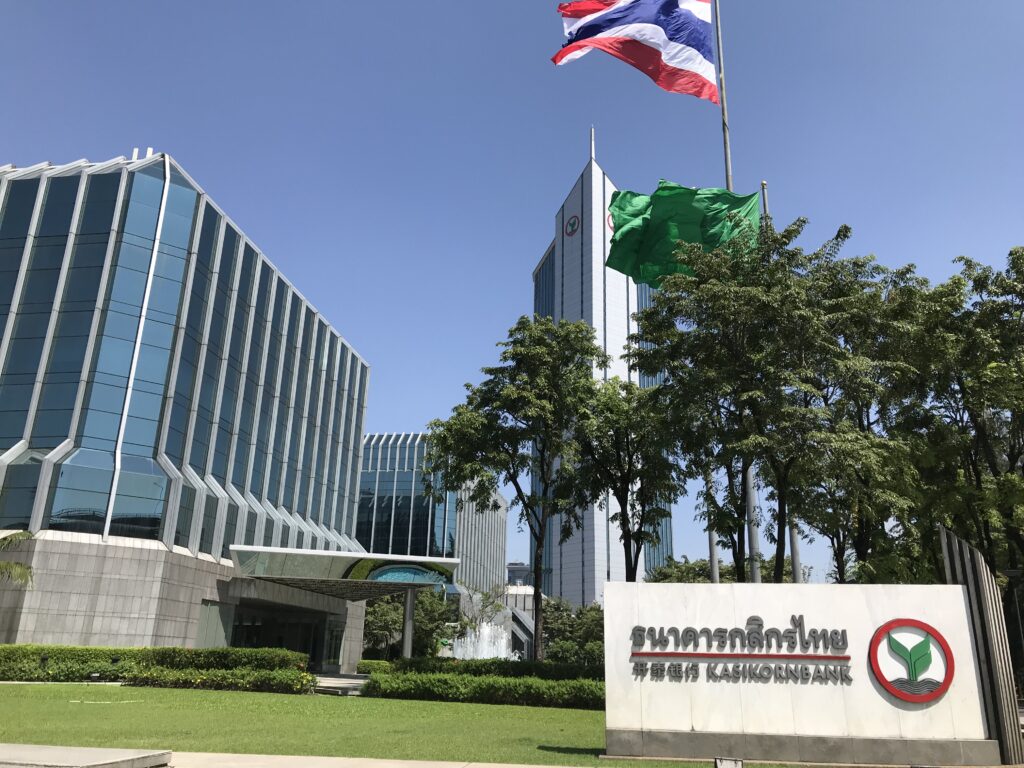Incubation
"Digitization of financial services and financial inclusion in ASEAN"
R4-5 1-1 (R5 AY2023)
| Project Leader | Lu Wanxue (Kyoto University, Graduate School of Economics) |
| Collaborators | Mieno Fumiharu (Kyoto University, Center for Southeast Asian Studies) Hamada Miki (Institute of Developing Economies, Development Research Center) CAO NGUYET THI KHANH (Kyoto University of Advanced Science) Shimizu Satoshi (Japan Research Institute Limited, Economics Department) |
| Research Project | Digitization of financial services and financial inclusion in ASEAN |
| Countries of Study | Indonesia, Singapore, Thailand, Vietnam, Malaysia, Laos |
Outline of Research
As a result of the rapid development of digital financial services in Southeast Asian countries in recent years, the financial sector has undergone a drastic transformation. This study examines how fintech innovations have contributed to this digital transformation, including improvements in digital payments and the development of digital lending. This study focuses on digital lending and aims to examine the adverse impact of digital financial technology on bank lending efficiency and the costs associated with credit scoring. Using a comparative analysis of five ASEAN countries, this study aims to gain an understanding of the current situation and future challenges concerning policies for digital financial inclusion in this region.
Purpose of Research, Its Significance and Expected Results, etc
There has been a rapid development of digital financial services such as mobile money and online banking in the last few years, in parallel with the rapid development of digital technologies. In the wake of the COVID-19 pandemic, when measures such as lockdowns and maintaining social distancing have been taken, there has been a clear trend toward the digitization of financial services. In contrast to conventional financial transactions, digital financial technology has led to cost reductions and improvements in operational efficiency and the quality of financial services by introducing new technologies and improving the efficiency of existing technologies. Meanwhile, it is expected to play an important role in raising funds and increasing women’s economic participation, as well as contributing to the expansion of financial inclusion.
This study examines fintech innovations that promote financial inclusion through a comparative study of five ASEAN countries: Singapore, Malaysia, Thailand, Indonesia, and Vietnam. We also look at and explore the current state of financial digitization from a practical and policy perspective. Although the growth rate of cashless payment services via digitalization varies from country to country, the growth rate is high in ASEAN as a whole, and the adoption of these services is taking place more rapidly in markets where the financial infrastructure has not yet been developed compared to mature markets such as Singapore.
In the context of this study, focus has been placed on the role of digital lending in assisting small business owners and micro-enterprises in accessing capital through online platforms, which have traditionally been unable to obtain loans from banks because of the lack of a track record of borrowing and/or collateral. In addition, through empirical examinations of the impact of digital lending on micro-enterprises, this study also uncovers how digital lending has led to changes in management, such as the expansion of businesses and the development of new products and services.
Finally, focusing on the opportunities and challenges of financial digitalization as a tool for promoting financial inclusion in the region, this study examines the digital disparity between regions and the cyber risks associated with the use of digital technology. Additionally, we examine whether fintech companies are effectively regulated based on their licensing policies, which are considered to contribute to the review of financial inclusion policies in ASEAN countries.




